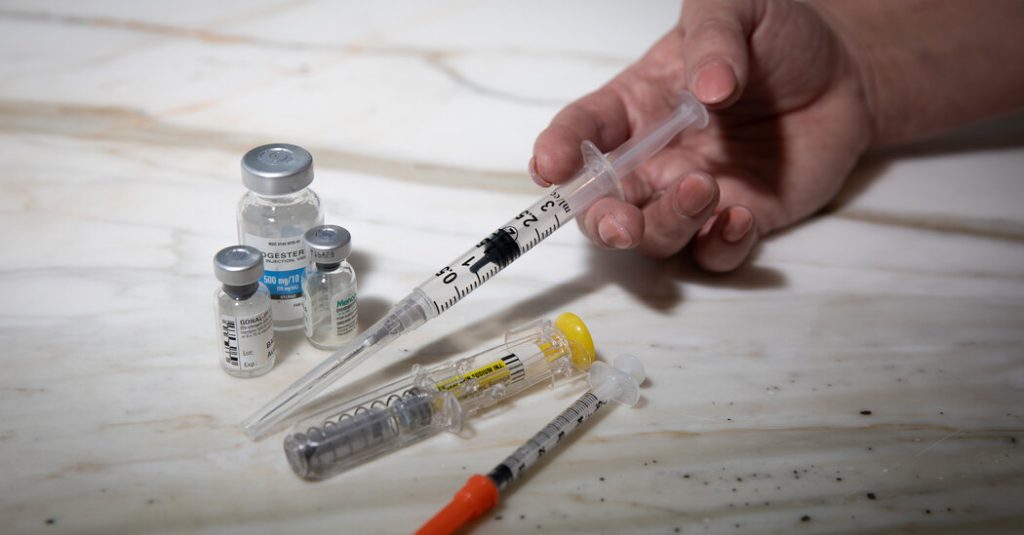A hospital in Mobile, Alabama recently announced that it will no longer provide in vitro fertilization (I.V.F.) lab services after this year. This decision came in response to pending litigation and uncertainty surrounding recently passed I.V.F. legislation in the state. The move has left patients seeking I.V.F. treatment unsure of the future, as the fertility clinic that leases space in the hospital and utilizes its lab services plans to relocate. This decision has added to the confusion and anxiety that has surrounded patients since a State Supreme Court ruling in February that led to the temporary suspension of I.V.F. treatments at clinics across Alabama.
Infirmary Health, the hospital at the center of the controversy, has been involved in legal disputes since 2020 when three couples sued over the accidental destruction of their frozen embryos. The State Supreme Court ruled in favor of the couples, allowing them to proceed with wrongful-death claims and asserting that frozen embryos could be considered children. A second lawsuit was filed following the ruling, further complicating the situation. In response, Alabama lawmakers rushed to enact legislation protecting clinics from criminal or civil liability related to embryo-related lawsuits. However, the new law does not apply retroactively, leaving ongoing cases, such as the one in Mobile, unaffected.
As a result of the lawsuits still pending against it, the hospital announced that I.V.F. services would no longer be offered after December 31. The Center for Reproductive Medicine, the clinic involved in the litigation, also stated that it would resume treatment in new facilities located in Mobile and Daphne, Alabama. Despite the relocation, concerns remain about the adequacy of the new Alabama law in protecting access to I.V.F. treatments, particularly in relation to the legal status of frozen embryos as children. Legal experts have warned that the legislation may face further constitutional challenges as a result.
In response to the uncertainties surrounding I.V.F. treatment in Alabama, doctors, patients, and supporters have begun advocating for federal legislation to provide protections for fertility treatments. However, the political landscape presents challenges, with a divided Congress and Republicans conflicted between pro-life stances and supporting access to I.V.F. As a result, the prospect of swift legislative action at the federal level appears unlikely. Despite these challenges, advocates continue to push for federal safeguards to prevent disruptions in fertility treatment access for individuals and couples seeking to start or expand their families. The situation highlights the complexities and legal ambiguities surrounding reproductive rights and fertility treatments, raising questions that may require further legislative clarity at both the state and federal levels.


